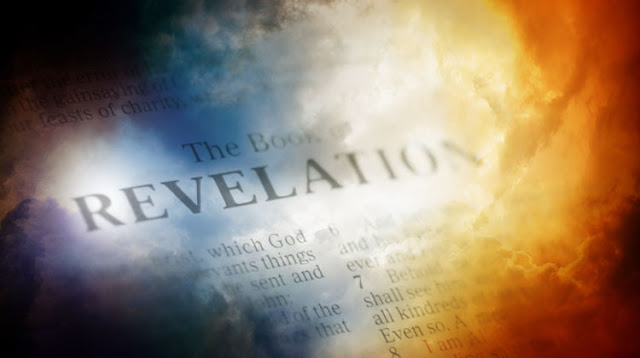What Does Death Taste Like, Anyway?
A friend sent me an early morning text recently. "Matthew 16:28. Are not all those dudes dead?"
My friend was talking about this verse:
My friend was talking about this verse:
"Truly I tell you, there are some standing here who will not taste death
before they see the Son of Man coming in his kingdom."
I replied to his text. "You are correct. Those dudes are most certainly dead."
Ahhh, years of grad school in biblical studies and biblical languages finally paying off.
There is a lot happening in Matthew 16. Here in Matthew, Peter identifies Jesus as the Messiah, the son of the living God. Soon after, Jesus tells his disciples that he will be killed but will rise from the dead. He even tells them that following him may mean that they lose their lives. But in Matthew 16:28, he lets them know that not all of them will be dead before something big happens.
It's normal for readers of this verse to think it's talking about the second coming of Jesus. I suspect we've heard as much in a sermon or teaching somewhere. I think my friend was reading it this way also, and had some concerns since Jesus has not returned yet and, well, all those dudes are dead.
It's normal for readers of this verse to think it's talking about the second coming of Jesus. I suspect we've heard as much in a sermon or teaching somewhere. I think my friend was reading it this way also, and had some concerns since Jesus has not returned yet and, well, all those dudes are dead.
This moment from the life of Jesus is not only found in Matthew, but also in Mark and Luke:
And he said to them, "Truly I tell you, there are some standing here who will not taste death
until they see that the kingdom of God has come with power." (Mark 9:1)
"But truly I tell you, there are some standing here who will not taste death
before they see the kingdom of God." (Luke 9:27)
As you can see, all three gospels nuance Jesus' words just a little differently. It's difficult to know which one is closest to the original words of Jesus. Perhaps none of them are. That's okay. It's important to remember that the gospels are the author's interpretation/understanding/memory of the life and teachings of Jesus. None of these guys were jotting down notes while Jesus said these things. Nevertheless, all three thought this moment was significant enough to include.
The words of Mark and Luke open up the possibility that it's not talking about the second coming. For instance, if we consider Luke, followers of Jesus today might suggest they have seen the kingdom of God active without it actually being the second coming. Or, if we consider Mark, followers of Jesus today might suggest they have seen the kingdom of God coming with power without it actually being the second coming. If Matthew is saying the same thing but in a different way, he needn't be talking about the second coming either.
So what was Jesus talking about? Some have argued the resurrection. Others have pointed to the mission to the Gentiles and the explosive growth of the new church as described in the book of Acts.
It's interesting that Matthew, Mark, and Luke all follow up this quote with the story of the transfiguration. They don't always follow the same order. Quite often, they go different directions. The transfiguration could certainly be understood by those who witnessed it as a "kingdom-power" sort of event. Many have said that it serves to foreshadow the exalted, resurrected form of Jesus. Are the gospels connecting this moment to the words Jesus just spoke? Unfortunately, it was only a week later, which doesn't really seem like enough time when talking about how some who were there would not "taste death" before it happens.
JESUS: "See? I told you some of you would still be alive to see it!"
DISCIPLES: "Man it's been like a week."
Some folks point to the destruction of the temple and Jerusalem by Rome in 70 AD. In fact, in Matthew 24, Jesus seems to predict the coming destruction.
As Jesus came out of the temple and was going away, his disciples came to point out to him the buildings of the temple. Then he asked them, "You see all these, do you not? Truly I tell you, not one stone will be left here upon another; all will be thrown down." (Matthew 24:1-2)
If you visited the Temple Mount today, there's not much of a temple left to visit. In fact, there's a mosque.
 |
| The Dome of the Rock, located on what was the Temple Mount. |
Sure enough, the Romans wiped it out. So much so, that today, at the entrance to what was the Temple Mount, this sign is posted for Jewish visitors:
 |
| Yikes. |
You see, since it's impossible to know exactly where the Holy of Holies was located, Jewish leaders want to make sure no Jews unintentionally enter the area where it once stood.
I'm not sure what Jesus meant exactly when he said these words, but the destruction of the temple and all of Jerusalem would have been a cataclysmic event for his followers. When it actually happened, perhaps those who had not yet tasted death would have remembered his words.



Comments
Post a Comment